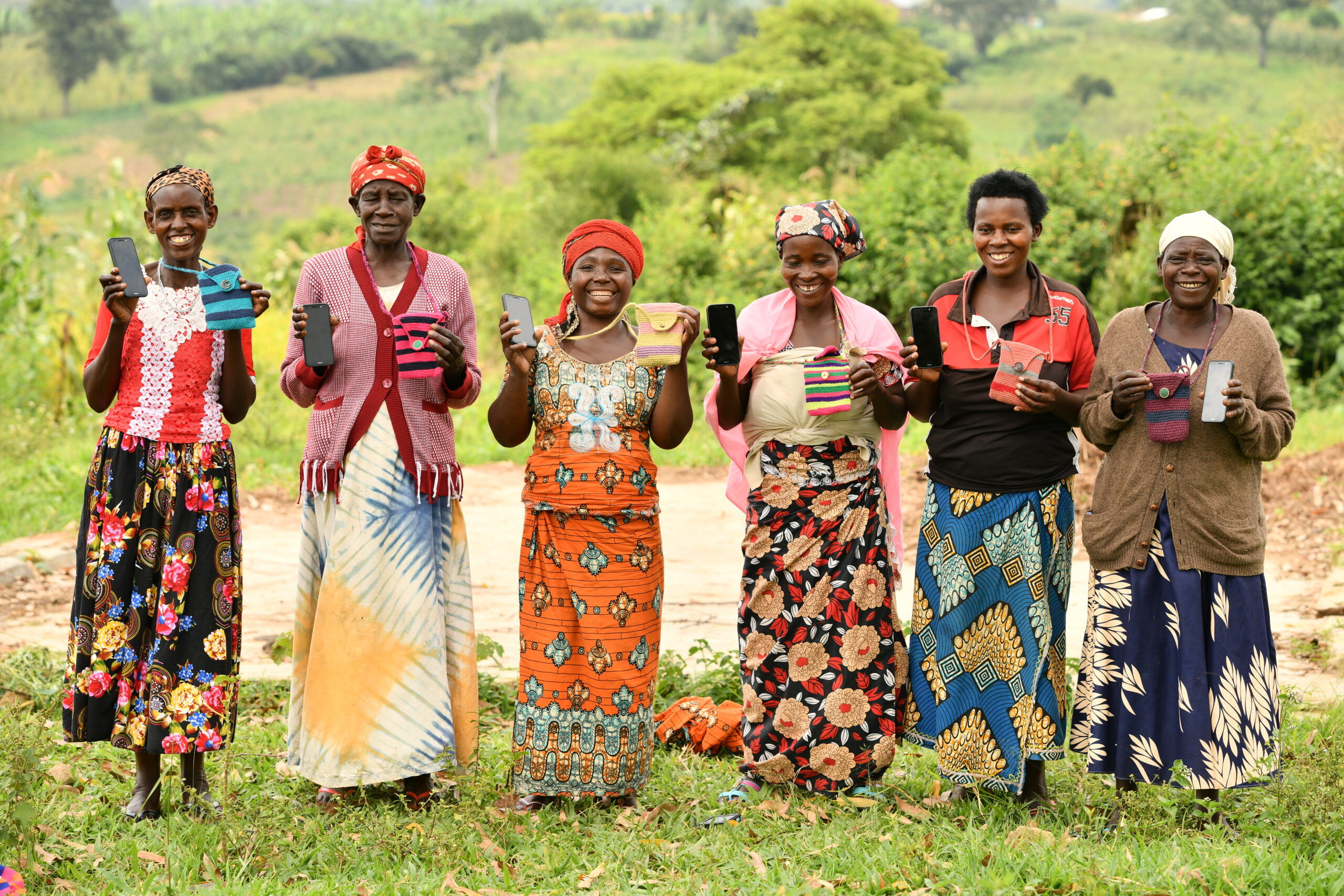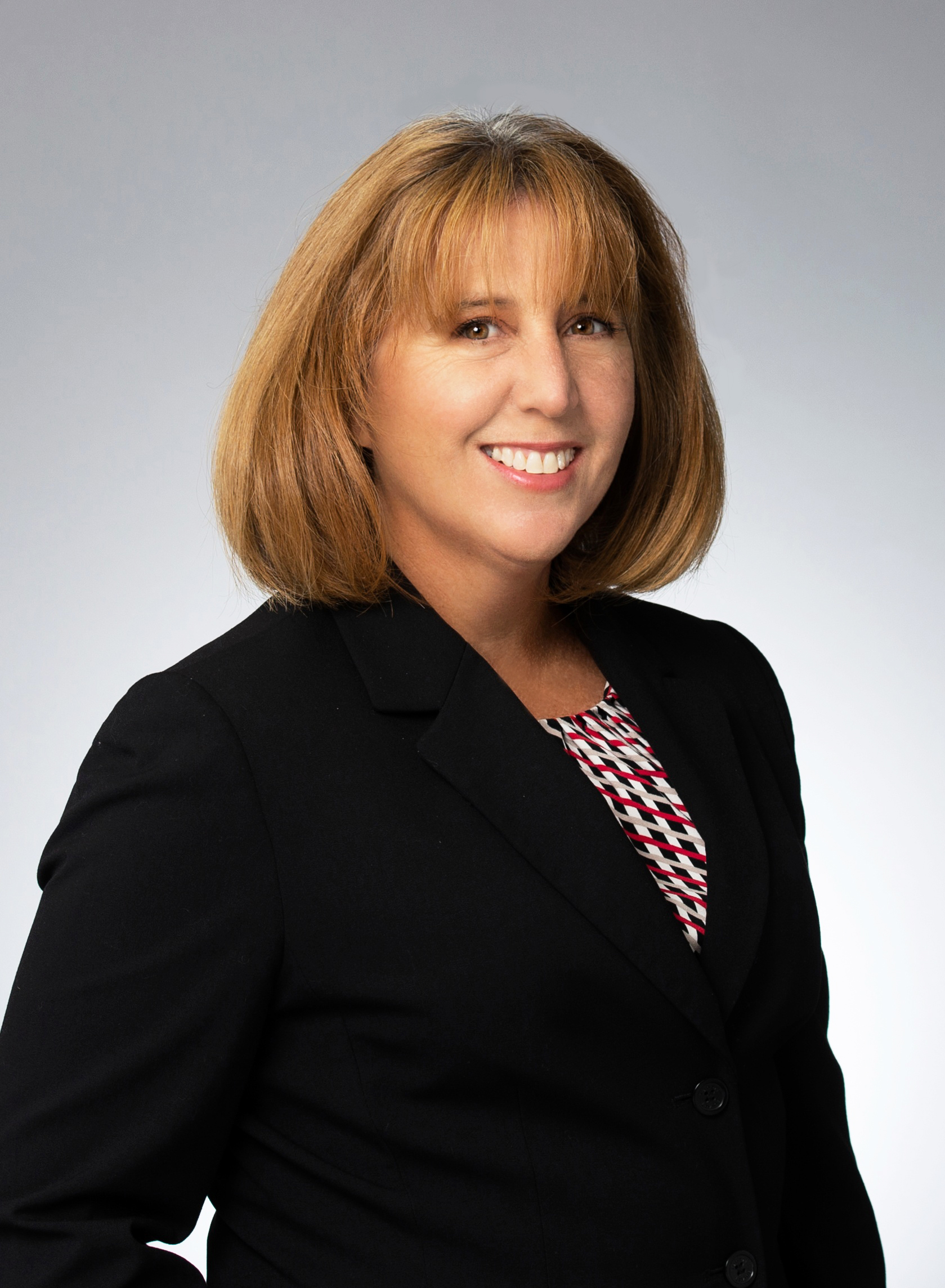When we think about mobile money or digital wallets, many of us in the United States immediately think of Venmo or PayPal. But the real roots of mobile financial innovation trace back to Africa—particularly to Kenya, where M-PESA launched in 2007.
The success of M-PESA—Africa’s largest mobile money service—wasn’t just a local phenomenon; it transformed financial services across the continent and created a model for the rest of the world. Today, mobile money is one of Africa’s greatest contributions to the global financial ecosystem, and the pace of Africa’s innovation continues to accelerate.
Necessity Drives Innovation
Across Africa, adoption of fintech—and even cryptocurrency—is extraordinarily high. But this isn’t just about the excitement of early adopters and tech enthusiasts; it comes from a place of necessity.
In many places, traditional banking infrastructure is limited or inaccessible. In its absence, mobile money and decentralized finance (DeFi) have become critical tools for economic participation, savings, and resilience. Nigeria and South Africa are leaders in crypto ownership, with 73% and 68% of their populations, respectively, having either owned or purchased cryptocurrencies, according to a 2024 study by Ecofin Agency.
Sub-Saharan Africa is a world leader in DeFi adoption, driven by a clear demand for accessible, secure financial services. This tells us one important thing: Where traditional systems are falling short, innovation is stepping in.
Insights from the Africa Fintech Summit
This grassroots-driven adoption has fueled a booming fintech sector across Africa, particularly in larger markets like Nigeria, Senegal, South Africa, and Kenya. These countries are not just keeping pace with global trends—they’re helping define the future of finance, from stablecoins and cross-border trade to AI-powered fintech platforms.
Now, the world is taking notice. Last week, I had the privilege of attending the Africa Fintech Summit (AFTS) 2025 in Washington, D.C., and it was impossible not to feel the energy, optimism, and ambition of the African fintech community.
The Africa Fintech Summit is Africa’s leading platform for fintech leaders, regulators, investors, and innovators. Since 2017, it’s been connecting African fintech with global partners, helping drive more than $300 million in venture investment.
Some of the most exciting highlights of this year’s summit included:
- A focus on inclusive financial services and how fintech can expand access and address deep inequalities
- Vibrant conversations around strategic partnerships and global investment corridors
- Discussions on how fintech can serve the needs of Africa’s youthful, entrepreneurial workforce
The event was a reminder that fintech in Africa is not just centered around apps and technology, it’s solving real problems at scale.
The Missing Piece: Women as Consumers of Finance and Tech
As exciting as the growth of African fintech is, it’s important to recognize that technology—like finance—remains a male-dominated space. Across Africa (and globally), most fintech founders, engineers, and developers are men.
While the sector urgently needs more women to emerge as founders, engineers, and leaders, it also desperately needs a stronger focus on women as consumers of financial and digital products.
Women use money and technology differently. If fintech solutions are going to drive true inclusion, they must be designed with a deeper understanding of women’s financial behaviors, risk profiles, and digital habits.
Without intentional design, fintech products risk reinforcing barriers rather than dismantling them. We need innovation that reflects how women save, spend, invest, and protect their families—and how they interact with digital platforms given differences in access, literacy, and social norms. The future of inclusive finance lies in the creation of technologies that work for women, too.
Where Were the NGOs?
As exciting as the summit was, one thing stood out to me: Trickle Up was one of the only NGOs in the room. Frankly, that’s a missed opportunity for our sector.
If we, as NGOs, truly want to support the financial inclusion of the poor—particularly women and members of marginalized communities—we must engage with the innovation that’s happening across Africa’s fintech ecosystem. We can’t afford to be on the sidelines.
It’s only by understanding how fintech is evolving that we can help ensure these innovations meet the needs of the people we serve, and don’t leave them further behind.
NGOs bring critical insights into the realities of low-income communities. These insights can shape how new technologies are designed, delivered, and scaled. But we can only have that influence if we show up, engage, and partner with the developers of these technologies.
A Call to Action for the NGO Sector
The rapid evolution of African fintech presents a huge opportunity—and a huge risk. Without engagement from organizations focused on gender equity, poverty alleviation, and inclusion, innovation could unintentionally widen the existing gaps.
As we think about how we invest our time and partnerships in the coming years, NGOs must work to build strong relationships with fintech innovators, while advocating for the needs of women and members of marginalized and excluded communities. NGOs have the power and knowledge to push for financial products that are not only accessible, but are designed for strong, positive impact that creates economic agency and empowerment.
At Trickle Up, we are committed to building accessible, inclusive, and empowering financial technologies. When African fintech succeeds in serving the poorest and most excluded, everyone wins.
—————



